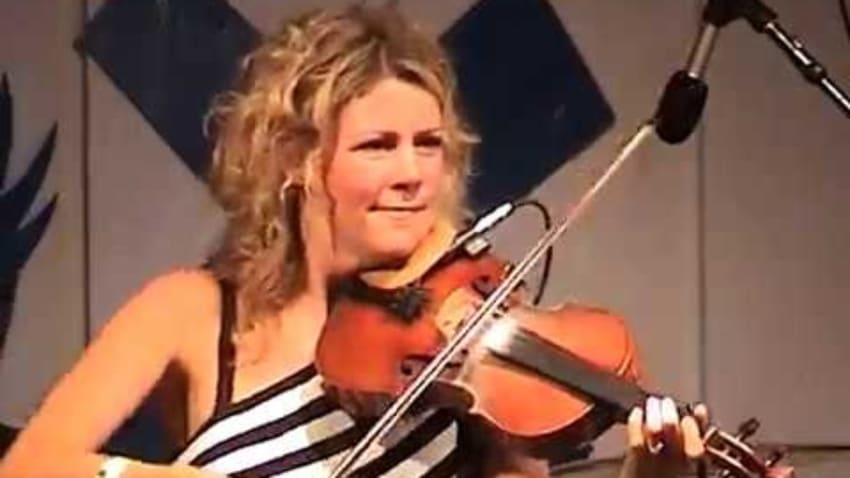
Also, she said, supporters could contribute water, airtime and food to the protests. People should ask themselves if they were inadvertently contributing to the problems the students were fighting.
#Llewellyn macmaster how to
“When I was on the run, people really cared.”Īsked by the audience how to show support for today’s student protests, UCT student Wandile Dlamini of the #PatriarchyMustFall movement, urged people to “decolonise your mind”. In the 1980s, he said, “the security police were busy. You’ve got to do what you believe is the right thing.”Īctivists had looked after each other, he said, echoing calls by the students on the panel for “internal solidarity”. Accountability, personal commitment and solidarity were important. Macmaster urged students to keep in touch with their constituencies. His first task as an activist had been to campaign for a boycott of the tricameral parliament of the time and urge coloured people not to vote. The students’ action was political and the liberation of the country their objective. He said in the 1980s activists had had no time for “team-building and orientation”. He is now a pastor and a manager in Stellenbosch University’s Division for Social Impact. Student leaders then and now needed “multi-focal lenses” to focus on struggles both inside and outside the universities, said MacMaster, who described himself as “an accidental student leader” and a “Christian activist”. “The campus was never an island,” he said. He said the student leaders of the time had understood the need for solidarity with their community, with workers, with other students’ struggles and with pupils in schools. South Africa's opposition Democratic Alliance leader Mmusi Maimane has threatened to drag Mnangagwa to the ICC over the military crackdown which claimed 17 lives, leaving over 80 others nursing gunshot wounds as civilians took to the streets to protest a 150% fuel price hike.Sharing a panel with students at a debate organised by the Institute for Justice and Reconciliation, MacMaster drew lessons from the struggles of the 1980s at the University of the Western Cape, where he was a theology student and SRC president for three years. "At this stage, we are pleading for intervention from institutions like the office of the Archbishop in Cape Town, the South African Council of Churches, the National Church Leaders Consultation, the South African and international governments." What is required is influence by people who do not necessarily want to overthrow a government, but are level-headed and creating a win-win situation," the position paper reads in part. "Pressure alone, however, won't work because you are dealing with a military situation that only knows one form of action.



Traditional opposition politics will not function now. Otherwise a 'fight-to-the-end' scenario is definitely on the table. "Amnesty and assurance that the International Criminal Court will not strike out at senior government officials is important. In the paper, Hanekom and MacMaster suggested mediation between Mnangagwa and the opposition, which they said should be facilitated by "level-headed" people to create a "win-win" situation. Hanekom, a director of the Centre for Public Witness and emeritus moderator of the Dutch Reformed Church in the Western and Southern Cape and MacMaster, a moderator of Uniting Reformed Church in Southern Africa, met civic society organisations, lawyers, Counselling Services Unit (CSU), academics, former parliamentarians and prominent clergy, including pastor Evan Mawarire during their visit. This is contained in a position paper compiled by church officials, Braam Hanekom and Llewellyn MacMaster based in South Africa following their recent working visit to Zimbabwe to probe the aftermath of last month's deadly protests. THREATS to drag President Emmerson Mnangagwa and some of his top government officials to the International Criminal Court (ICC) over human rights violations will not solve the country's crises, but only harden those in positions of authority, and prolong the people's suffering, the Dutch Reformed Church has warned.


 0 kommentar(er)
0 kommentar(er)
